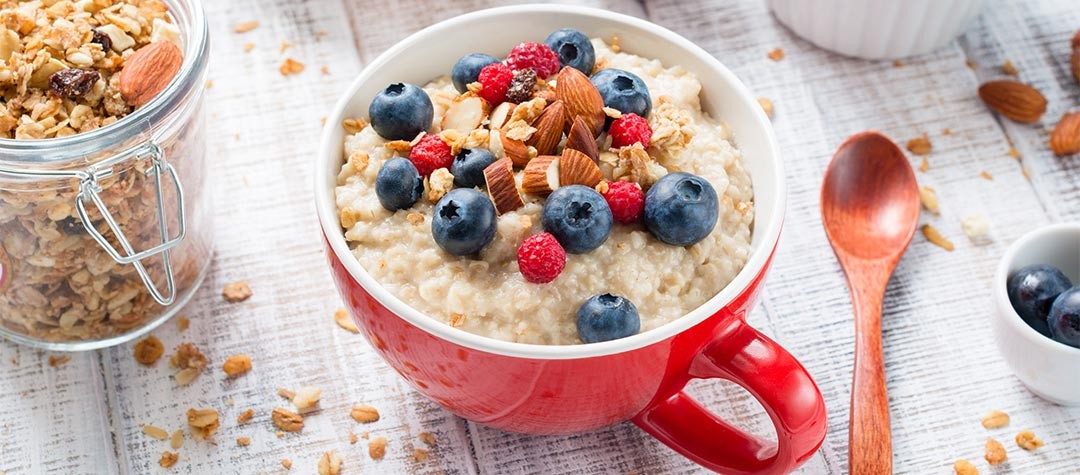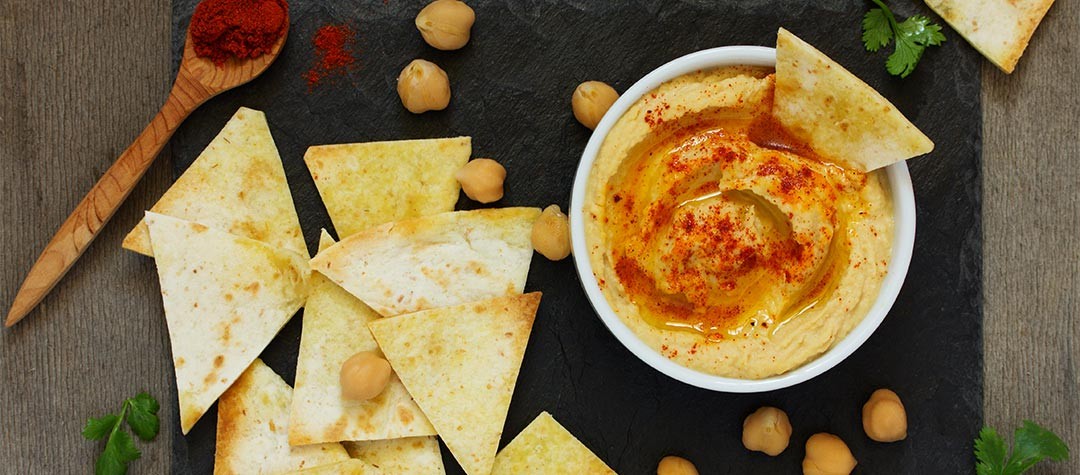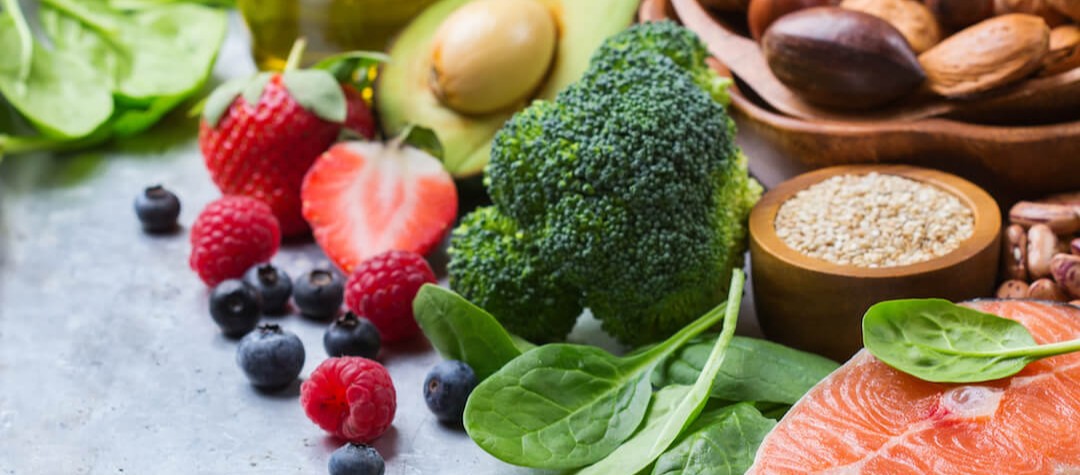Cutting out calories needn’t be quite as difficult as you think. Here are 10 almost effortless ways to cut back on calories without feeling as though you are missing out.
1. Buy a non-stick pan
Cooking meals from scratch is one of the most effective ways to save on calories. However, by paying attention to what you are cooking with, you can easily cut out even more. Cooking with oils can add literally hundreds of calories on to a meal (with most oils containing around 120 calories per tablespoon), often without contributing vastly to its taste. To cut down on unnecessary calories, invest in a non-stick pan which requires much less oil or, in some cases, none at all.
2. Recreate your favourite treats
Making homemade versions of your favourite treats can help you to save on calories without compromising on taste. By making your own treats, you are in charge of what goes into them and can make ingredient swaps to further cut the calorie content. For instance, try swapping sugar for agave nectar (which is sweeter than sugar, so you will need less), replacing cream with evaporated milk or yoghurt, and using low fat coconut milk in your favourite curry. Cooking also burns off more calories than opening a packet, making this a great calorie-saving way to treat yourself.
3. Spice up your meals
If you’re looking to reduce the amount of calories in your meals, using more spices, herbs and chillies in your food can help. Adding herbs and seasonings to your meals can add extra flavour to your food and give your meals a kick, without adding any extra calories. As an added bonus, chilli peppers and spices such as cinnamon, cayenne, black pepper and ginger can actually promote weight loss, helping you to burn off any superfluous calories consumed.
4. Skip the condiments
If you consider yourself a healthy eater yet you still can’t ditch those extra pounds, it may be time to look at what you are eating alongside your meals. Oily and sugary dressings, dips and sauces can add a surprisingly high amount of calories on to what is otherwise a healthy and low calorie meal. Avoid those sneaky calories by opting for smaller amounts of low calorie condiments such as balsamic vinegar, salsa or brown mustard, or try skipping these extras entirely.
5. Buy smaller plates
While you may only eat three daily meals, many of us have grown used to eating much larger portions than we actually need, meaning that you could be consuming the equivalent of six or more standard serving sizes each day. As many of us feel compelled to eat large portions simply because they are there, help yourself to resist temptation by only purchasing small portions of your favourite treats – even if the bigger ones do seem like good value for money! Also, try swapping your plates , bowls and glasses for smaller ones, which will help you to control your serving sizes.
6. Chew more slowly
It generally takes a minimum of 20 minutes for your body to register feelings of fullness , meaning that the more quickly you consume your meals, the more you will feel compelled to eat before you start to feel full. Research results published in the American Journal of Clinical Nutrition found that those who chewed each mouthful 40 times ate nearly 12 per cent fewer calories than those who chewed just 15 times, so try taking your time over each mouthful to help cut back on calories.
7. Cut back on liquid calories
While many of us pay attention to what we eat, we often ignore those calories consumed in liquid form. However, these could add up to a significant amount of your daily total. While alcohol is the main liquid calorie culprit, soft drinks, fruit juice, smoothies and many hot drinks can also contain a vast amount of calories, and often next to no nutritional value. To reduce your calorie intake without changing what you eat, try swapping calorie-rich drinks for herbal tea or water. Alternatively, replace milky lattes for skinny versions and fizzy drinks for fruit juice diluted with sparkling water.
8. Get more sleep
For a truly effortless way to cut back on your calorie intake, research suggests getting more sleep could do the trick. A study by Columbia University found that when people are sleep-deprived they eat almost 300 calories more a day than when they have had adequate rest. It is thought that this is because lack of sleep stimulates the production of our hunger hormone, ghrelin, while also lowering levels of leptin; the hormone that makes you feel full.
9. Choose filling foods
If you want to eat fewer calories but still feel full, you need to be smart with your food choices. Opt for more filling foods rich in protein and fibre; both of which can help you to feel fuller for longer). Also, opt for ‘bulky’ foods which will fill up the stomach without you taking in a lot of calories. Experts at the University of Sydney developed a ‘Satiety Index’ based on how long foods will stop you from feeling hungry, and identified the most filling foods as potatoes, fish, oats, apples and oranges, wholewheat pasta, beef, beans, grapes, wholemeal bread and popcorn .
10. Pay attention to your meals
Many of us consume an unnecessary amount of calories simply because we are not paying attention to what we are eating. According to research findings published in the British Journal of Nutrition , eating when distracted can cause you to ignore your body’s signals that you’ve had enough, leading you to eat more than you normally would. To cut your calorie intake, try to eat at the table, rather than in front of a TV or computer screen, and learn to really savour your food.







